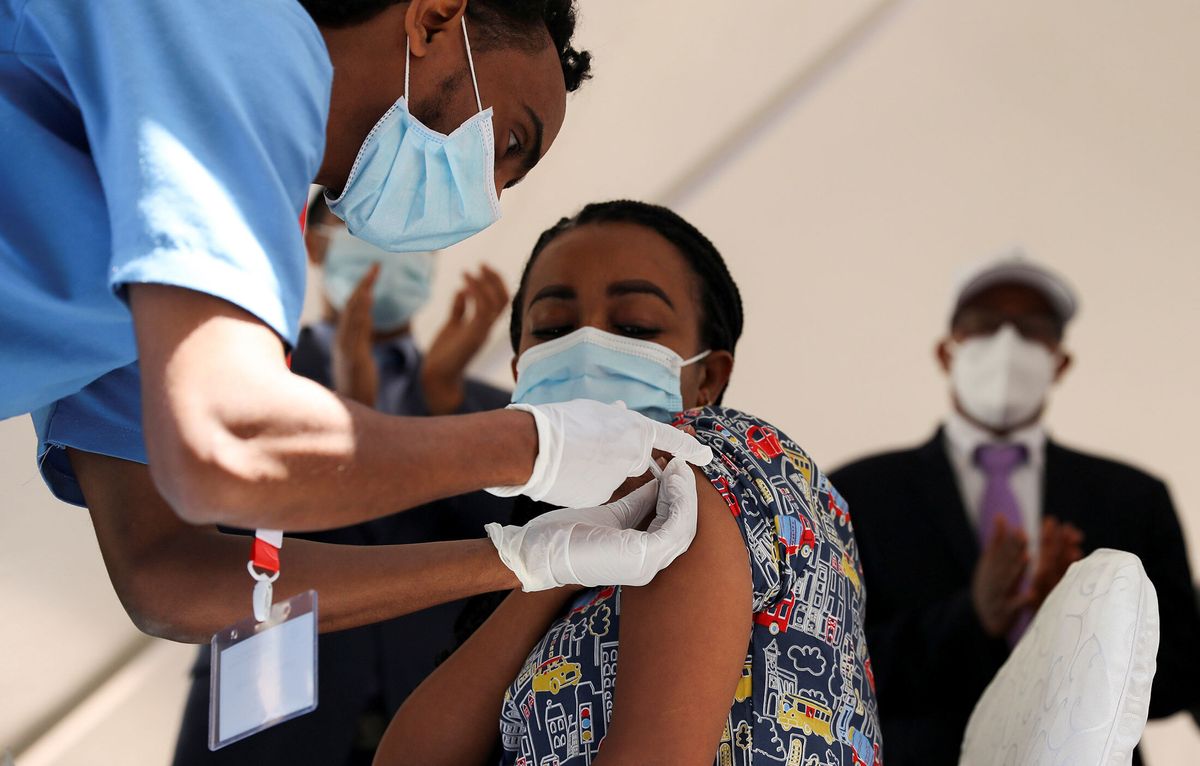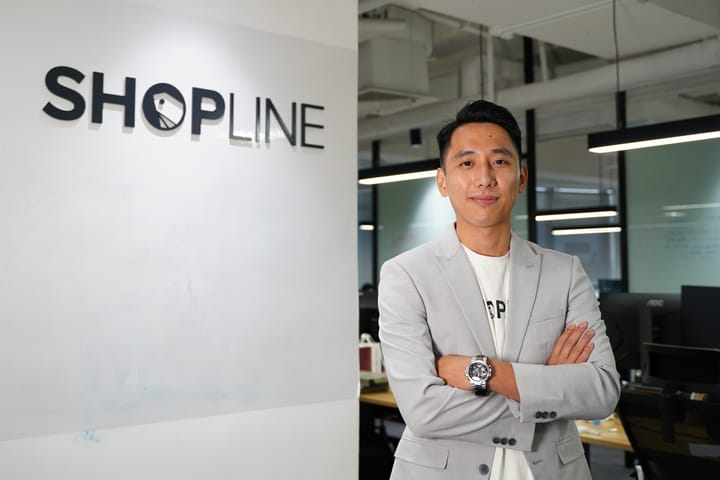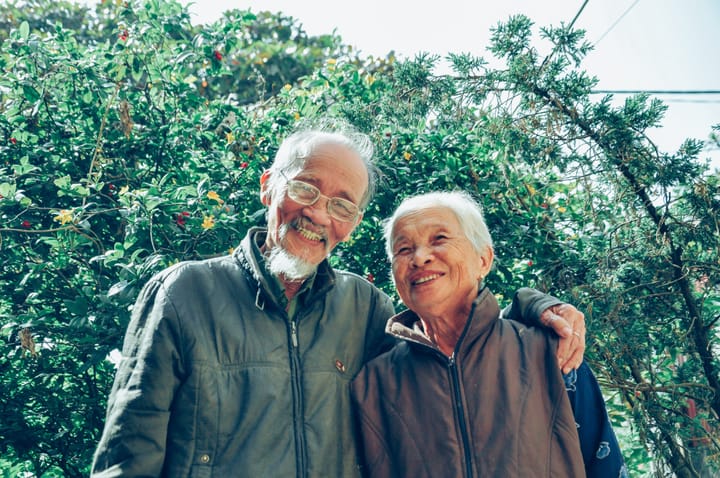Fake COVID-19 vaccines have become a major problem in some countries. Here’s why

A few minutes every morning is all you need.
Stay up to date on the world's Headlines and Human Stories. It's fun, it's factual, it's fluff-free.
While most developed countries have been ramping up their vaccine rollout programs, many developing countries have only just started their own vaccination process. This delay has allowed the fake vaccine market in these countries to take off.
- Since the COVID-19 pandemic began, over 2.3 billion people across the world have received the vaccine, making it the largest vaccine campaign in history.
- For most people, especially those who have been vaccinated, the recent trend in vaccinations along with the dip in positive cases means that a return to something like normal is just around the corner.
- But an alarming new trend has begun to pop up – fake vaccines.
What are these “fake vaccines”?
- Developing countries, which are already lagging behind in vaccine distribution, have become the largest market for these fake vaccines.
- According to a report from the International Criminal Police Organization (Interpol), 2,400 fake vaccine doses were discovered in South Africa after police raided a warehouse near Johannesburg.
- In Kenya, some vaccination sites were not only injecting patients with fake vaccines consisting of water, but they were making them pay for it too.
- During a broadcast with NTV Kenya, Kenya’s secretary of health, Muthai Kagwe, warned Kenyans not to pay for the vaccine, suggesting that they might be paying for fake doses. “I want to warn the country and Kenyans at large, first, vaccination in Kenya is free, nobody should be charging you for it,” the secretary said. “Such exercises are … illegal and chances are that you are not even being vaccinated with proper vaccines. There is every possibility that you are even being vaccinated with water and paying for it.”
- Although fake vaccinations have become a widespread problem across many African countries, they’re not limited to just Africa. Fake vaccinations have also been uncovered in Mexico, while in Poland vaccines were found to contain the ingredients of skin care products.
How has this become such a widespread problem?
- While most developed countries have been ramping up their vaccine rollout programs, many developing countries have only just started their own vaccination process. This delay has allowed the fake vaccine market in these countries to take off.
- According to research by the World Health Organization (WHO), “an estimated 1 in 10 medical products circulating in low- and middle-income countries is either substandard or falsified.”
- Fake medicine has long been an issue in developing countries, where public health care systems and infrastructure lag behind the developed world and are riddled with corruption and scams.
- Since many public health systems are overrun in developing countries, people have been flocking to private companies to receive their vaccinations, which makes it easier for scammers to sell their fake vaccine doses and vaccination cards.
What can be done to stop the spread of fake vaccines?
- Experts have said that the fake vaccine black market thrives on the dark web.
- Vendors often disguise their product as a real government-regulated vaccine approved by public health officials.
- The spread of fake vaccines can be stopped by providing correct information on vaccines to residents of developing countries and informing them that vaccines for COVID-19 should be free and available to anyone willing to take one.
- Another way to stop the spread of fake vaccines is for developed countries to agree to ship more doses of vaccines to developing countries.
- Health officials are also asking the governments of these countries to crack down on the fake vaccine black market in order to keep their populations safe and healthy.
Have a tip or story? Get in touch with our reporters at tips@themilsource.com




Comments ()